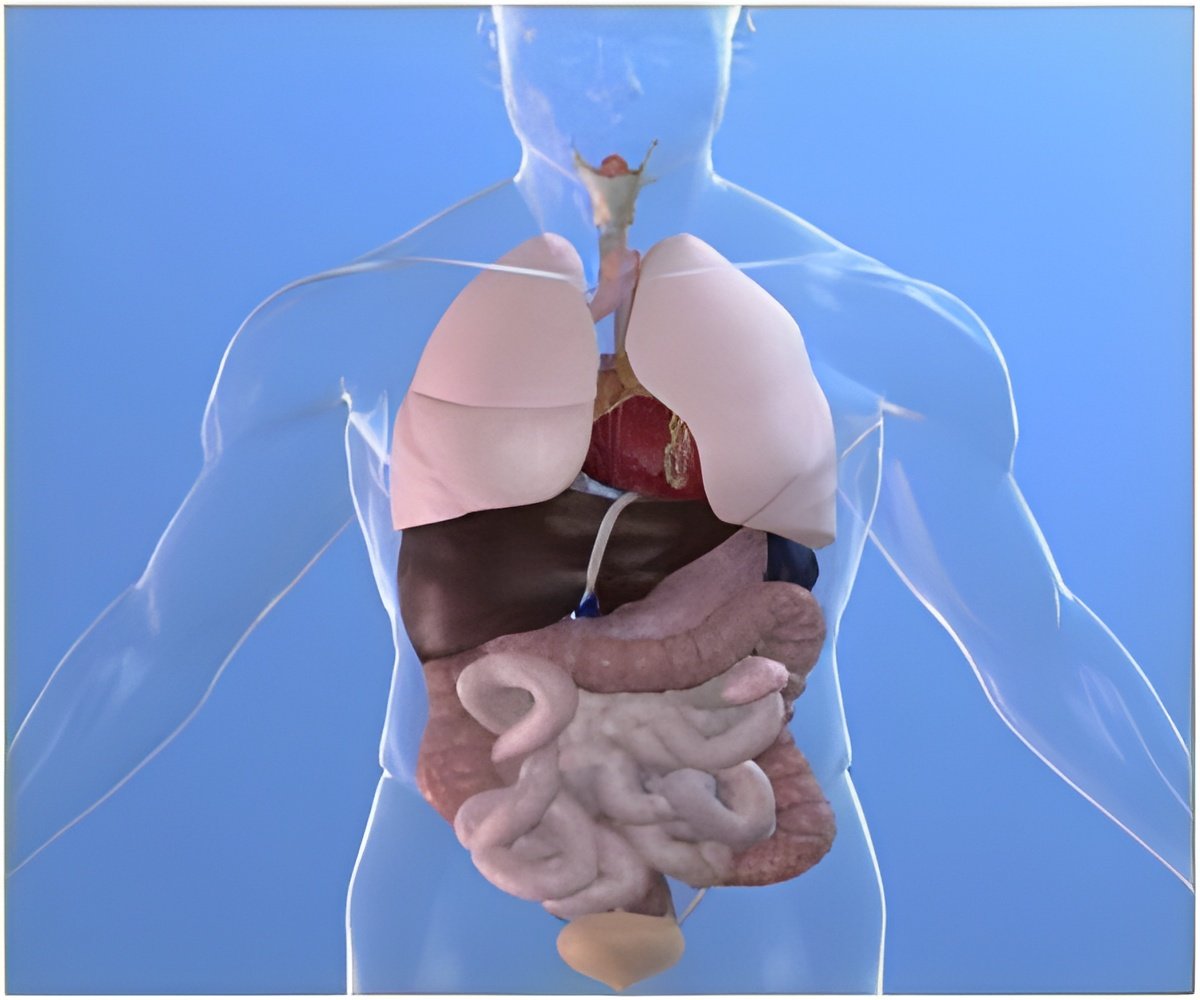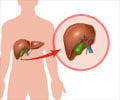A team of Rutgers-Camden biologists is working to engineer cold tolerant fruit flies and ultimately human cells within the next three years.

When Shain identified a key enzyme that helps ice worms do this - AMP phosphatase - he tapped Nir Yakoby, an expert Drosophila geneticist and assistant professor of biology at Rutgers-Camden, to create this cold-tolerant fruit fly.
"The goal is to make human cells survive on ice. Twenty-four hours on ice is pushing it and many people die waiting. We're lucky to have an expert Drosophila geneticist on campus to test this genetic switch," said Shain, who is scheduled to travel to Tibet next year to observe ice worms in the vicinity.
Not just the ice worm lives on ice, the researchers observed how other organisms, like bacteria, fungi, and algae, also are breaking through their internal thermostats.
"Shain accomplished this switch in mono-cell organisms and now we are going further up into the evolutionary tree to a more complex species," said Yakoby.
"If we can get these human cells to survive on ice, we should expect organs to do the same. Organs are just a collection of cells," he added.
Advertisement









